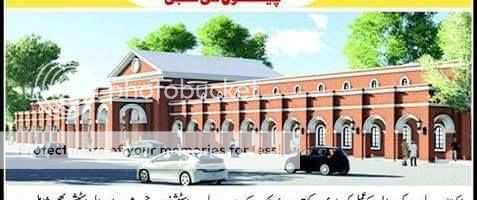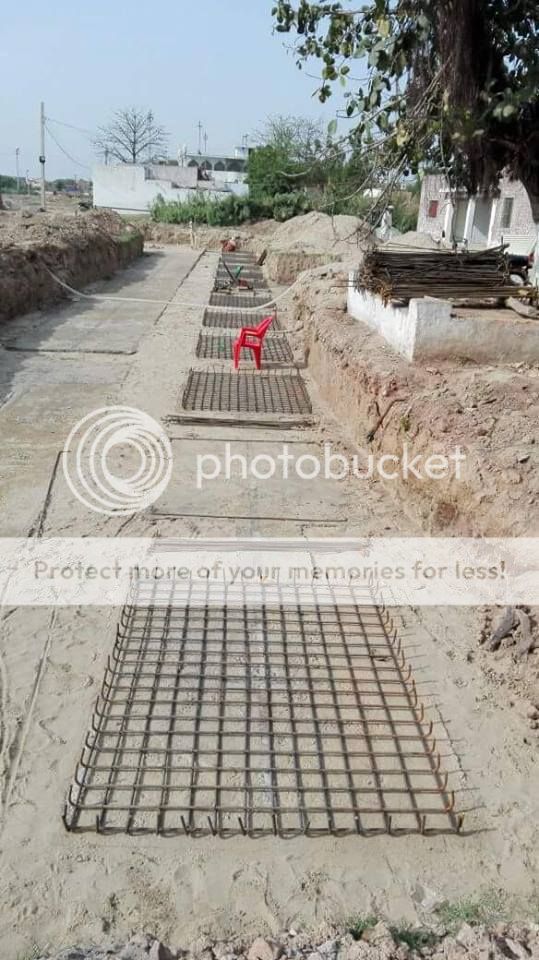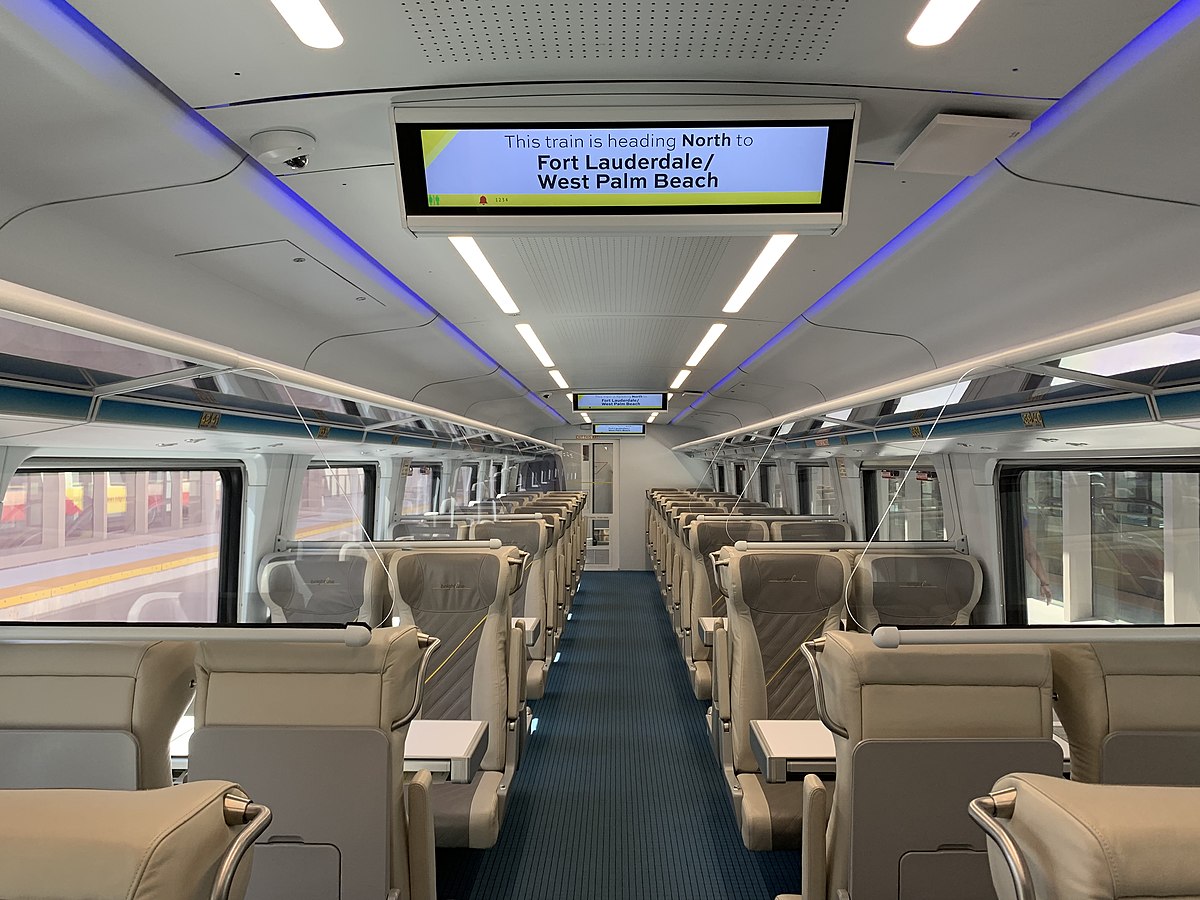ghazi52
PDF THINK TANK: ANALYST

- Joined
- Mar 21, 2007
- Messages
- 103,932
- Reaction score
- 106
- Country
- Location
^^^
Pakistan and China agreed to execute the much-awaited mega ML-1 Pakistan Railway Up-gradation Project under the China-Pakistan Economic Corridor (CPEC) on a priority basis.
The agreement was reached at a virtual held meeting between the CPEC Authority and the National Development and Reforms Commission (NDRC) of China to follow up on the decisions taken during the recent visit of the prime minister to China.
Special Assistant to Prime Minister (SAPM) on CPEC Affairs Khalid Mansoor and Director-General NDRC co-chaired the meeting. The ambassador of Pakistan in China also participated.
The meeting decided that Pakistan Railways would immediately contact the National Railway Administration (NEA) to work out further details of the project.
The meetings also discussed the schedule for holding of meetings of Joint Working Groups (JWG) for various sectors. It was decided that meetings of the Joint Working Groups for Industrial Cooperation, Information Technology, Science and Technology and Agriculture would be held in the near future.
The NDRC director-general said that the relevant Chinese institutions were already taking the necessary actions to implement the understandings reached during the visit.
The SAPM CPEC Affairs stated that the prime minister’s meeting with the Chinese leadership had been extremely fruitful and the relevant institutions of the two countries were fully geared to take the necessary steps to translate the understandings reached at the highest level into actual actions on the ground at the earliest.
The NDRC director general stated that the relevant Chinese institutions were already taking the necessary actions to implement the understandings reached during the visit. He said that the Chinese side attaches the utmost importance to the ML-1 project and several internal meetings between the National Railway Administration and other relevant institutions have been held to work out the modalities and prepare for execution of the first phase of the project.
^^>>>>
Pakistan and China agreed to execute the much-awaited mega ML-1 Pakistan Railway Up-gradation Project under the China-Pakistan Economic Corridor (CPEC) on a priority basis.
The agreement was reached at a virtual held meeting between the CPEC Authority and the National Development and Reforms Commission (NDRC) of China to follow up on the decisions taken during the recent visit of the prime minister to China.
Special Assistant to Prime Minister (SAPM) on CPEC Affairs Khalid Mansoor and Director-General NDRC co-chaired the meeting. The ambassador of Pakistan in China also participated.
The meeting decided that Pakistan Railways would immediately contact the National Railway Administration (NEA) to work out further details of the project.
The meetings also discussed the schedule for holding of meetings of Joint Working Groups (JWG) for various sectors. It was decided that meetings of the Joint Working Groups for Industrial Cooperation, Information Technology, Science and Technology and Agriculture would be held in the near future.
The NDRC director-general said that the relevant Chinese institutions were already taking the necessary actions to implement the understandings reached during the visit.
The SAPM CPEC Affairs stated that the prime minister’s meeting with the Chinese leadership had been extremely fruitful and the relevant institutions of the two countries were fully geared to take the necessary steps to translate the understandings reached at the highest level into actual actions on the ground at the earliest.
The NDRC director general stated that the relevant Chinese institutions were already taking the necessary actions to implement the understandings reached during the visit. He said that the Chinese side attaches the utmost importance to the ML-1 project and several internal meetings between the National Railway Administration and other relevant institutions have been held to work out the modalities and prepare for execution of the first phase of the project.
^^>>>>












